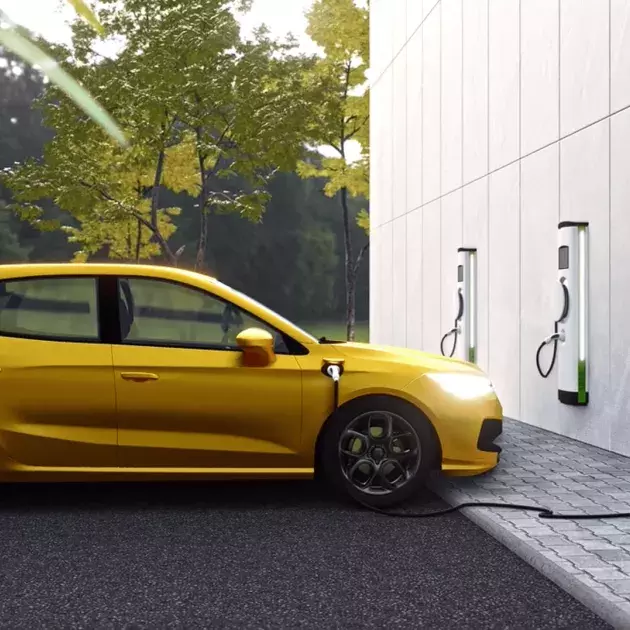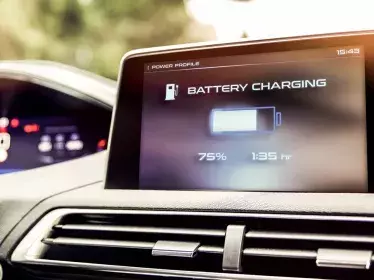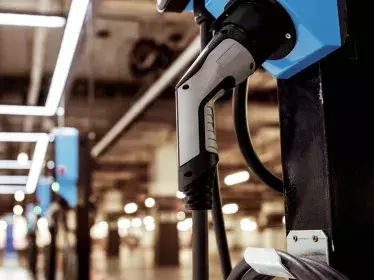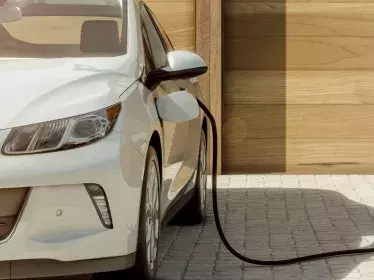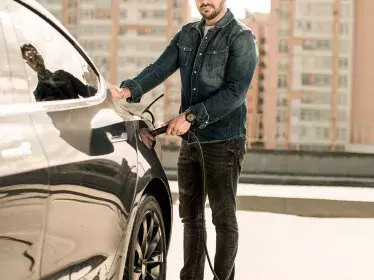At a time when the motor industry is offering its widest ever range of types of car engines (petrol, diesel, hybrid, self-charging hybrid, plug-in hybrid, electric, compressed natural gas, LPG and even hydrogen, a choice of around eight different technologies available to drivers!), it is electric engines that have grabbed most of the media headlines.
It is true that the political targets aiming to drastically reduce CO₂ emissions by road vehicles are putting pressure on vehicle buyers to go electric in the short-and-medium term. And while the motor industry has done its bit to offer, already, more than 70 different models of 100% electric vehicles, it’s now the turn of other sectors to take action to encourage the purchase of these vehicles by motorists.
And such actions are urgently needed: a recent survey by the Mobia Foundation found that the lack of recharging infrastructure in Belgium was the second most important reason for not buying electric vehicles. The survey also found that the density of this infrastructure varied significantly from one region to another.
While the Flemish Region is doing relatively well – its objective of installing a rapid recharging point every 25km on its main roads has almost been met – the Brussels Region has not done well because it currently has no plans to install public (ultra-)rapid recharging points, which is a real failure because a mix of different recharging infrastructures, including rapid and slow recharging points, is required to make electric vehicles attractive. As for the Walloon Region, it currently has no strategy at all for creating a recharging infrastructure and has only announced that it hopes to have installed a rapid recharging infrastructure along its main roads by 2025.
Given that the average distance driven by Belgian motorists is between 60km and 70km per day, and given that all the currently available electric cars on sale in Belgium are capable of travelling such distances without requiring a recharge, it is more urgent than ever that an efficient recharging network is developed in our country to remove the psychological obstacles that are preventing consumers from taking the first steps towards electric mobility.


